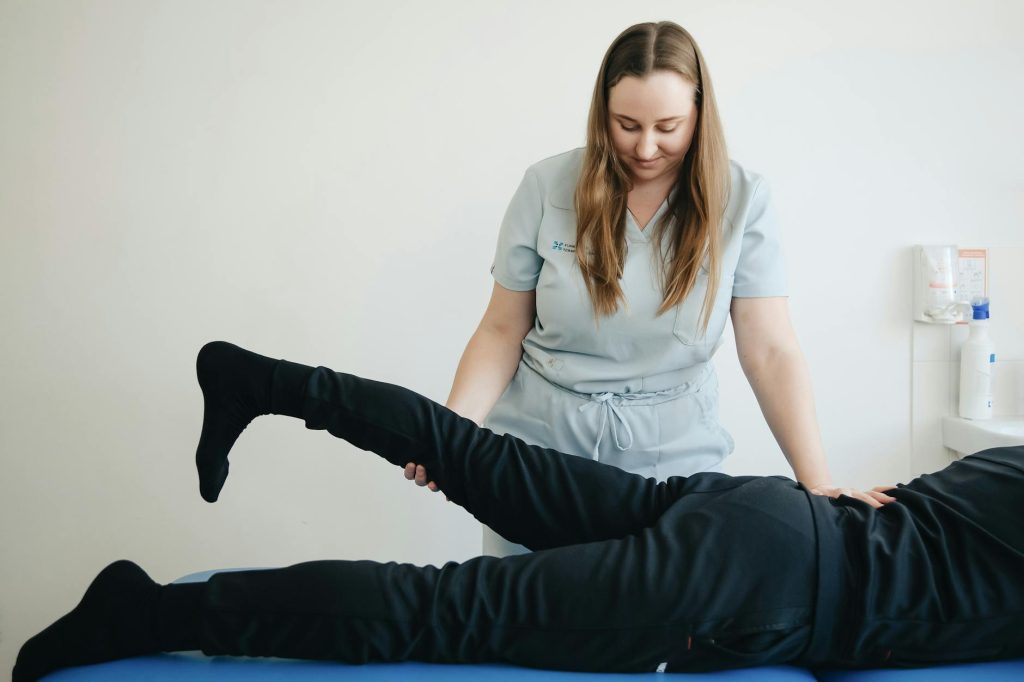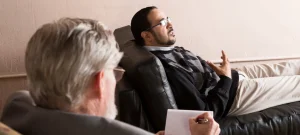Addiction, trauma, or mental health struggles rarely affect just one person. They ripple outward—touching families, friendships, and especially intimate relationships. For couples, recovery is not just about individual healing. It is about rebuilding trust, communication, and connection together.
The good news is that healing as a couple is possible. With the right therapeutic support, relationships can become stronger than ever, even after years of strain. In this article, we will explore how couples therapy approaches like Emotionally Focused Therapy (EFT), Gottman Method, Imago Relationship Therapy, and DBT for Couples can help partners in recovery reconnect and thrive.
Why Recovery Is a Relationship Journey
When one or both partners are struggling with addiction or mental health challenges, the relationship often carries heavy burdens:
- Eroded trust: Lies, secrecy, or broken promises around substance use.
- Emotional distance: Withdrawing to cope with stress or avoid conflict.
- Financial or family strain: Consequences of addiction or instability.
- Codependency or enabling: Blurred boundaries and unhealthy roles.
- Conflict cycles: Arguments triggered by unresolved pain.
Recovery offers a chance not only for individual growth, but also for relationship repair. Couples therapy creates a safe space to face these issues together.
The Role of Couples Therapy in Recovery
Couples therapy in recovery is not about pointing fingers. It is about:
- Rebuilding trust and safety after betrayal or broken promises
- Improving communication so partners feel heard and understood
- Learning new coping strategies for stress and triggers
- Restoring intimacy and connection often lost during addiction struggles
- Creating shared goals for sobriety, stability, and future vision
Therapists trained in both recovery and relationship work understand the unique dynamics couples face during this process.
Emotionally Focused Therapy (EFT): Rebuilding Bonds
EFT is one of the most evidence-based approaches for couples therapy. It helps partners identify the emotional patterns that keep them stuck in cycles of disconnection.
How EFT Works for Couples in Recovery
- Partners learn to recognize negative cycles (pursue–withdraw, blame–defend).
- They uncover the deeper fears and needs driving these patterns.
- They practice turning toward each other with vulnerability and support.
For couples in recovery, EFT is especially powerful because it restores the emotional bond—helping partners feel safe and connected as they face the challenges of sobriety together.
Gottman Method: Practical Skills for Lasting Love
The Gottman Method, developed by Drs. John and Julie Gottman, is based on decades of research into what makes relationships succeed or fail.
Key Tools in the Gottman Method
- Love Maps: Understanding each partner’s inner world.
- The Four Horsemen: Identifying destructive patterns (criticism, contempt, defensiveness, stonewalling).
- Building fondness and admiration: Actively nurturing appreciation.
- Turning toward instead of away: Responding positively to bids for attention.
- Shared meaning: Creating rituals and goals as a couple.
For couples in recovery, these tools provide concrete strategies to rebuild trust, resolve conflict, and strengthen daily connection.
Imago Relationship Therapy: Healing Old Wounds
Imago Therapy views relationship conflict as a window into past wounds. Often, we are drawn to partners who mirror our early attachment experiences. In recovery, unresolved trauma and pain can surface, leading to repeated conflict cycles.
How Imago Helps
- Partners explore how childhood wounds influence adult dynamics.
- They use structured dialogue to speak and listen with empathy.
- They co-create new ways of supporting each other’s growth.
For couples healing from addiction or trauma, Imago Therapy provides a compassionate framework for transforming conflict into connection.
DBT for Couples: Balancing Acceptance and Change
Originally designed for individuals, Dialectical Behavior Therapy (DBT) has been adapted for couples. It combines mindfulness, acceptance, and skills training.
DBT Couples Skills Include:
- Mindful awareness of emotions during conflict
- Distress tolerance tools to avoid escalation
- Emotion regulation skills for calmer communication
- Interpersonal effectiveness strategies for assertiveness and respect
In recovery, DBT for Couples helps partners handle high-stress moments without resorting to old destructive patterns. It teaches both partners to regulate emotions while maintaining connection.
Other Approaches That Support Couples in Recovery
- Schema Therapy for Couples: Identifying and shifting unhelpful patterns rooted in early life schemas.
- Addiction & Recovery-Focused Couples Therapy: Addressing enabling, codependency, and relapse prevention together.
- Family-Involved Approaches: Expanding beyond the couple to include children or extended family members when appropriate.
Each model provides different tools, but the goal is the same: a healthier, more resilient partnership.
How Couples Therapy Strengthens Recovery
When couples engage in therapy, benefits ripple into every aspect of recovery:
- Lower relapse risk: Stable, supportive relationships reduce isolation and triggers.
- Improved communication: Reduces misunderstandings that can fuel conflict or cravings.
- Healthier boundaries: Partners learn to support without enabling.
- Restored intimacy: Rebuilding emotional and physical closeness.
- Shared resilience: Facing challenges together instead of alone.
Common Challenges Couples Face in Therapy
It is important to acknowledge that couples therapy is not always easy. Partners may face:
- Resistance to vulnerability
- Fear of revisiting painful memories
- Unequal commitment to recovery
- Relapse setbacks
Skilled therapists help navigate these challenges with compassion, ensuring both partners feel supported.
Practical Steps Couples Can Take Today
Even outside therapy sessions, couples can begin rebuilding:
- Practice daily check-ins. Share one positive thing and one challenge.
- Schedule quality time. Even 15 minutes of intentional connection matters.
- Use “I” statements. Replace blame with personal responsibility.
- Celebrate small wins. Acknowledge progress in recovery and the relationship.
- Seek community. Support groups for couples in recovery offer shared wisdom.
When Couples Therapy May Not Be Enough
In cases of ongoing abuse, severe instability, or untreated mental health crises, couples therapy may not be safe or effective on its own. Individual therapy, crisis support, or medical care may need to come first. Safety always comes before reconciliation.
The Bottom Line
Recovery is not just an individual journey—it is a shared one. Couples therapy provides the tools to rebuild trust, communication, and intimacy.
Approaches like EFT, Gottman Method, Imago Therapy, and DBT for Couples give partners practical skills and emotional healing. By working together, couples can turn recovery into an opportunity for growth, resilience, and deeper love.
Taking the Next Step
At TruPaths, we connect couples to therapy programs designed for recovery. Whether you are rebuilding trust, learning healthier communication, or strengthening your bond, support is available.






